Russia appears unlikely to accept the revised version of the US-proposed 28-point peace plan, now reduced to 19, which is currently undergoing significant changes as the United States, Ukraine, and European partners continue negotiations, according to reports.
The plan, first referenced publicly last week, is being amended after Washington and Kyiv stated that the draft is not final, with US President Donald Trump saying on November 22 that it is not his final offer to Ukraine.
However, Ukrainian President Volodymyr Zelenskyy has welcomed the proposed changes to the 28-point peace plan, saying that the “list has become doable now”.
The peace plan underwent significant changes during Sunday’s negotiations in Switzerland, led by US Secretary of State Marco Rubio and Zelenskyy’s chief of staff, Andriy Yermak, with the original 28 points trimmed down to 19.
US and Ukraine refine key security elements
US Special Envoy to Ukraine General Keith Kellogg said on November 23 that the proposal remains a “work in progress” and highlighted the need for an annexe detailing security guarantees for Ukraine. He stressed that the United States wants to avoid repeating arrangements such as the Budapest Memorandum and Minsk Agreements, both of which gave Ukraine limited protection and ultimately advantaged Russia. After meetings in Geneva on 23 November, US Secretary of State Marco Rubio described the peace plan as a “living, breathing document” that is changing with daily input. He added that the parties “really moved forward” in the latest discussions and noted that there is no fixed deadline for Ukraine to sign, although the United States aims to finalise the agreement “as soon as possible”.
Ukrainian President Volodymyr Zelenskyy said “a lot is changing” following the Geneva talks, while Presidential Office Head Andriy Yermak confirmed that Ukrainian, US and European delegations will continue negotiations to produce a joint proposal.
Western reporting also indicated that US officials regard the initial security guarantees in the plan as “not strong enough yet”, with discussions under way on whether to raise or remove the proposed 600,000-troop cap on Ukraine’s military or whether to supply Tomahawk long-range missiles should a settlement be reached. Reports also suggested that a ceasefire on strikes against energy infrastructure was proposed by Zelensky, but Russia dismissed the idea as a “nonstarter”.
European leaders have prepared a 24-point counterproposal ahead of the Geneva talks. The draft calls for an immediate ceasefire before territorial discussions, a cap of 800,000 troops for Ukraine “in peacetime”, US-level security guarantees similar to NATO’s Article 5, the use of frozen Russian assets to reconstruct Ukraine, and conditions surrounding foreign troop presence and NATO membership. The Kremlin has previously rejected several of these elements, including the deployment of foreign guarantor troops.
Quick Reads
View AllKremlin and ultranationalists reject compromise
Senior Russian officials and pro-war commentators have continued to dismiss any settlement that does not align with Russia’s longstanding aims. Deputy Foreign Minister Sergei Ryabkov said on November 22 that Moscow cannot move away from President Vladimir Putin’s demands articulated at the Alaska summit in August 2025, again citing NATO expansion, weapon deployments in Eastern Europe, and alleged discrimination against Russian identity and the Russian Orthodox Church in Ukraine as the “root causes” of the conflict. Ryabkov added that Russia will act in its national interests regardless of sanctions, indicating continued commitment to the war effort.
State Duma members Alexei Zhuravlev and Alexei Chepa echoed this stance, characterising Western proposals as unacceptable and warning that security assistance to Ukraine contradicts Russia’s objective of “demilitarisation”. Belarusian commentator Vadim Gigin said Russia cannot agree to the plan due to “mutual mistrust” and the lack of a clear enforcement mechanism. Kremlin-linked military bloggers similarly argued that Russia should reject any peace agreement and continue its campaign, claiming that accepting a settlement now would forfeit opportunities for further territorial gains.
These statements underscore the Kremlin’s unwillingness to compromise and its continued commitment to maximalist war aims, including demands extending to territories Russia claimed to annex in 2022. Russian commentators asserted that any acceptable peace plan must reflect all Russian demands, a position they have maintained since Western media first reported on the draft plan on 20 November.
Meanwhile, the Kremlin has sought to amplify recent battlefield gains in an attempt to present its advance in Donetsk Oblast as inevitable. However, independent assessments show that Russian progress remains slow and confined to limited areas. Russia has advanced an average of 9.3 square kilometres per day since 15 August, a pace that would not secure full control of Donetsk Oblast until August 2027 even if current conditions persist. Seasonal weather advantages and the lack of major fortified cities along the present line of advance have contributed to the recent tempo, but these factors are expected to change.


)
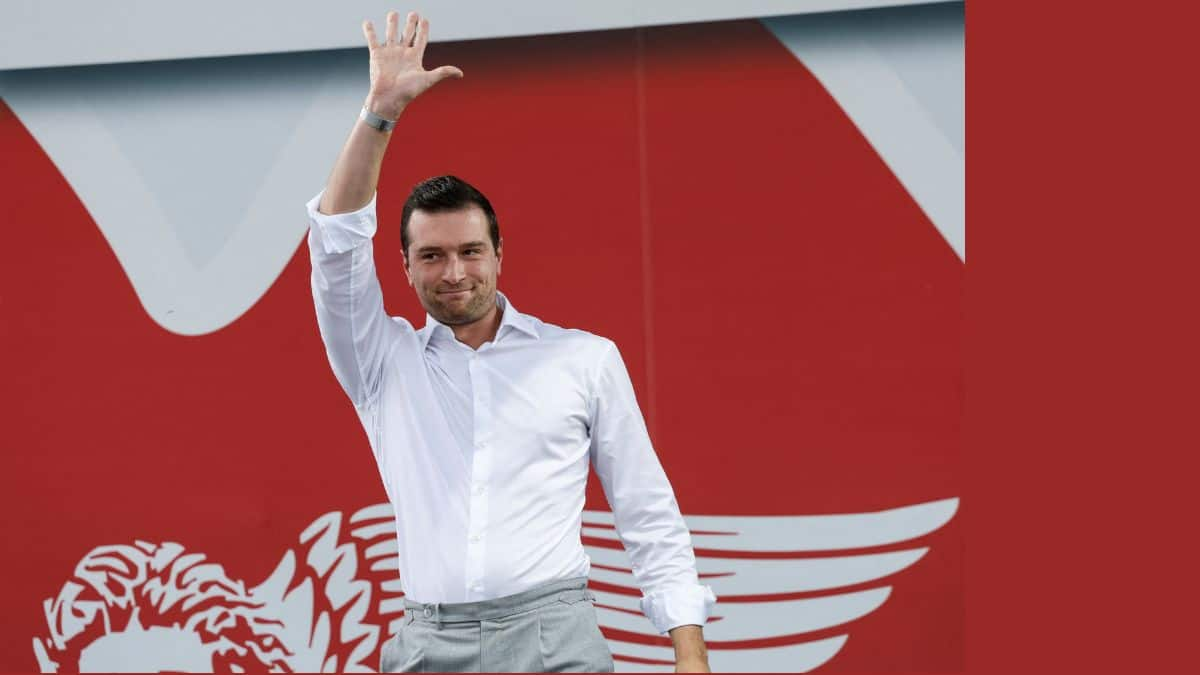
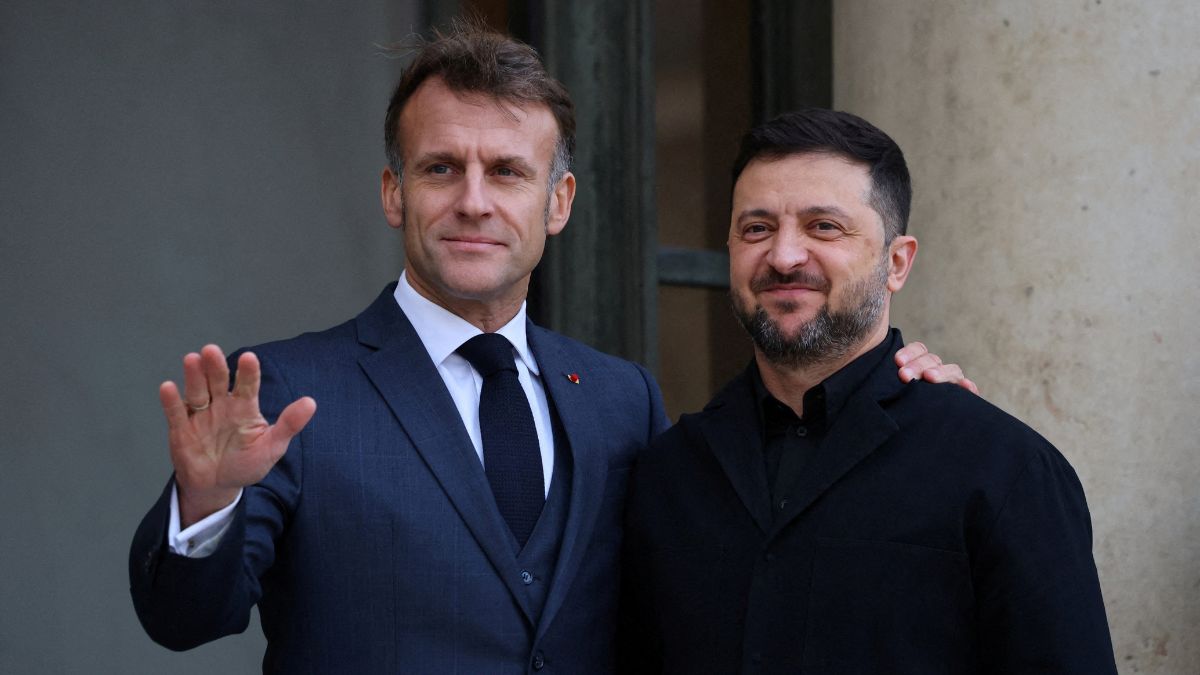)
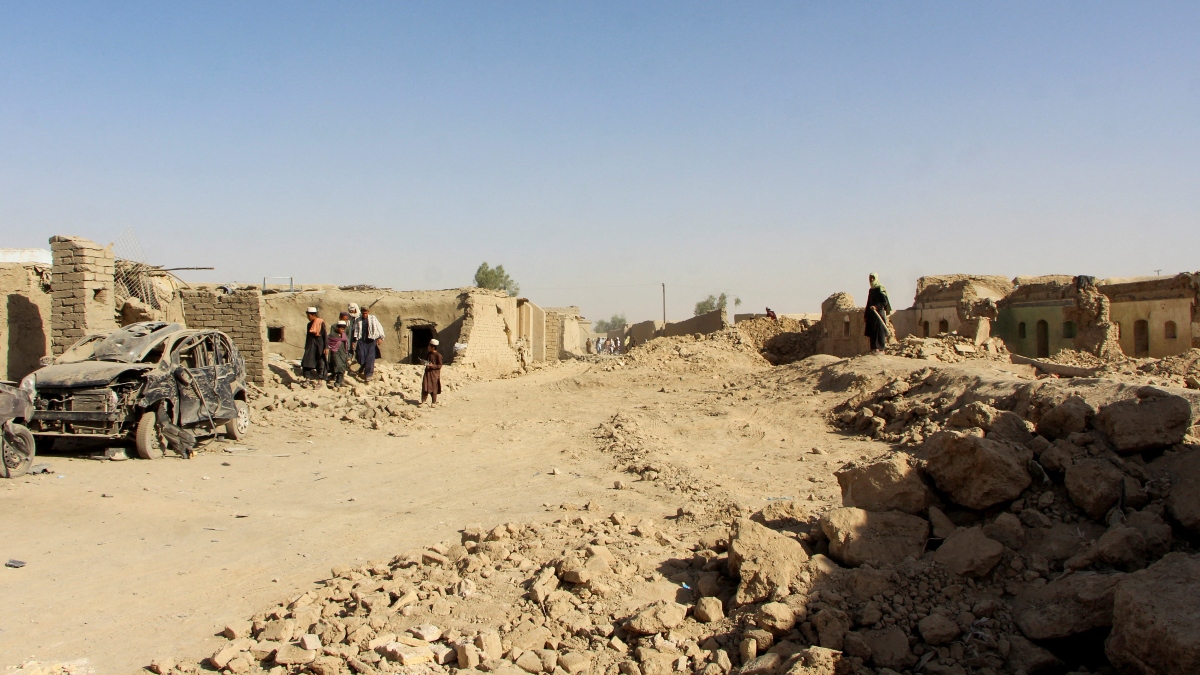)
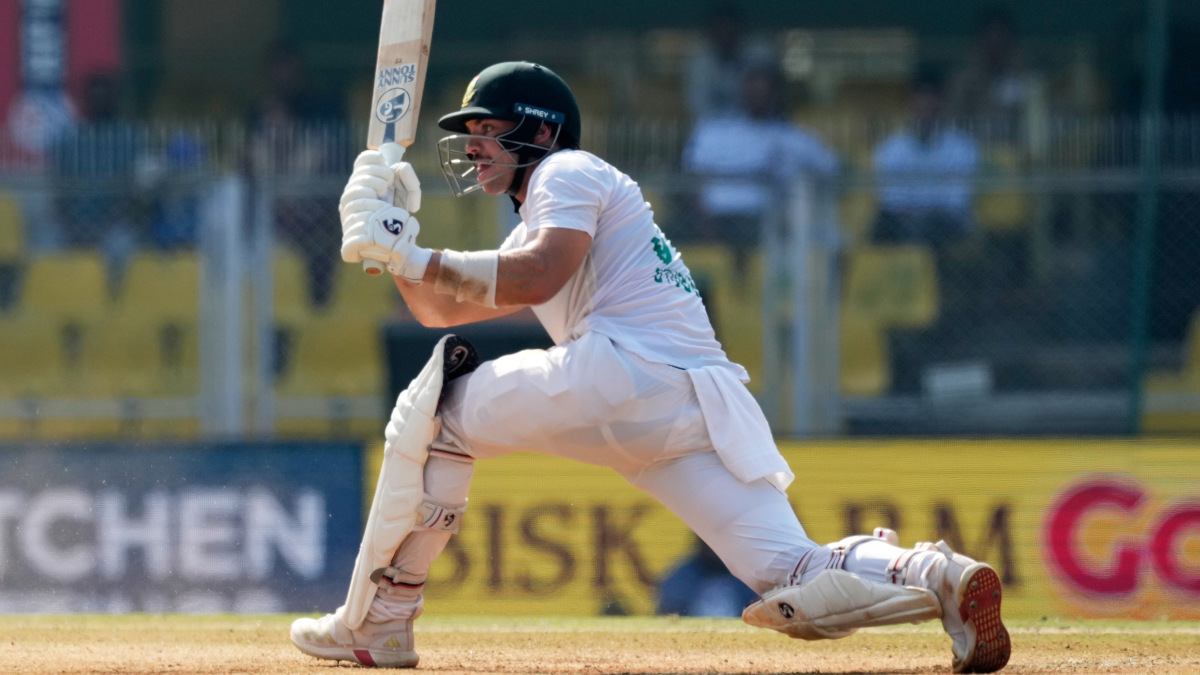)
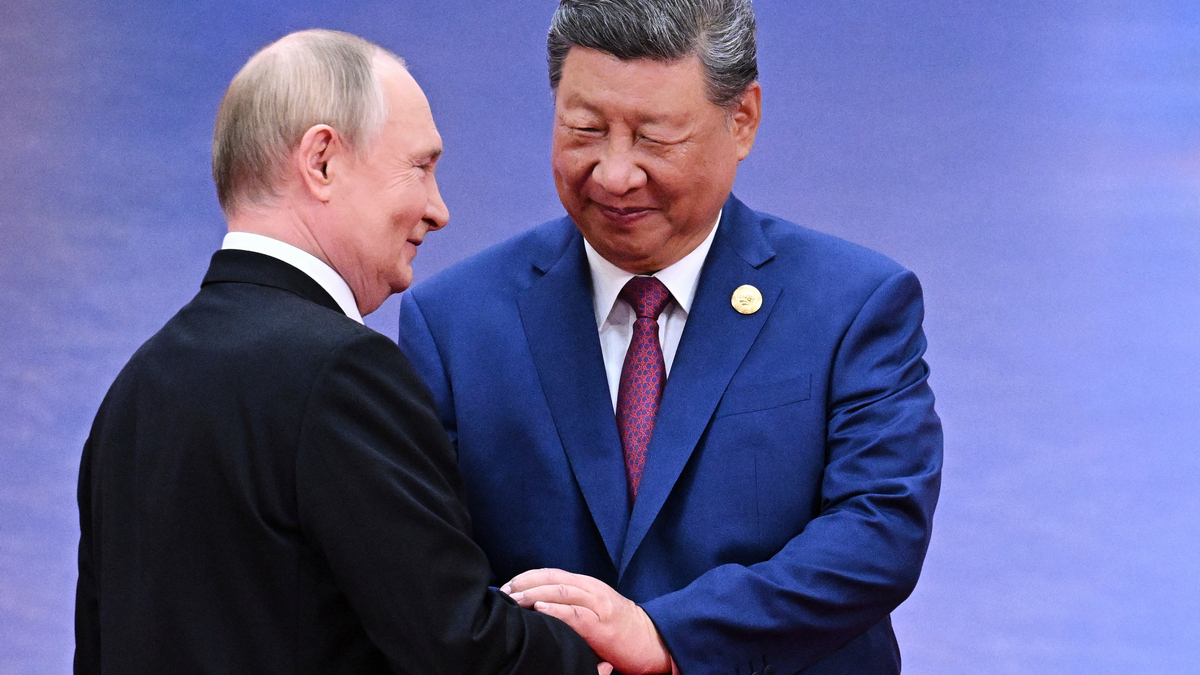)
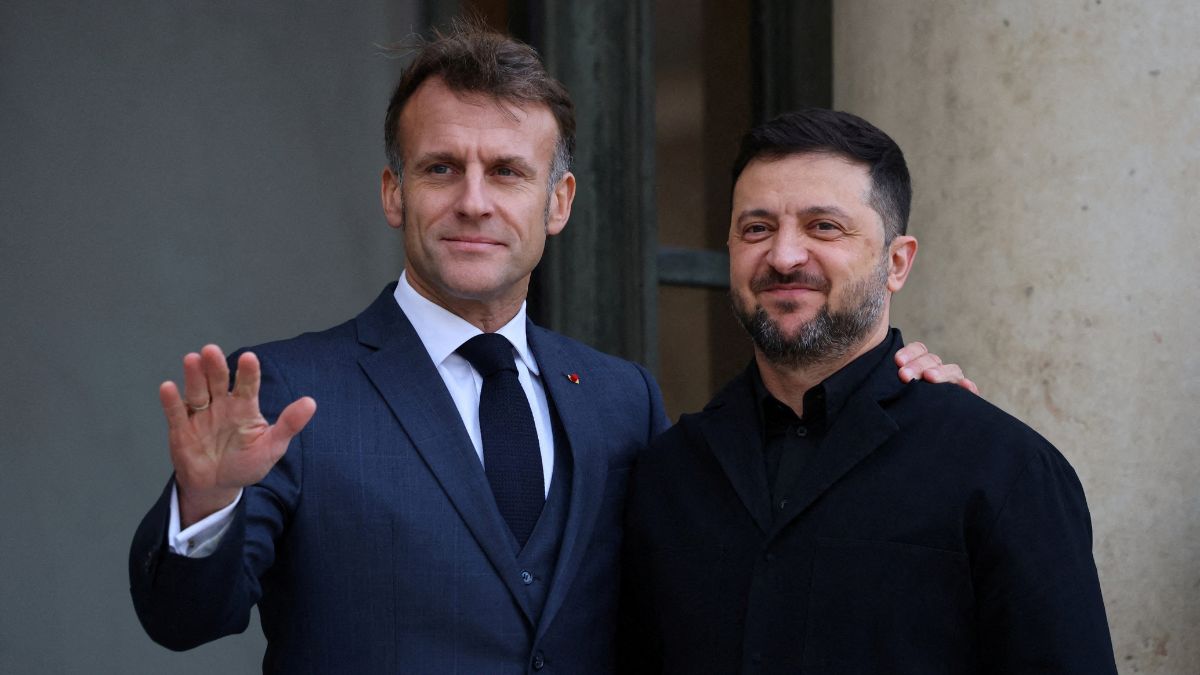)
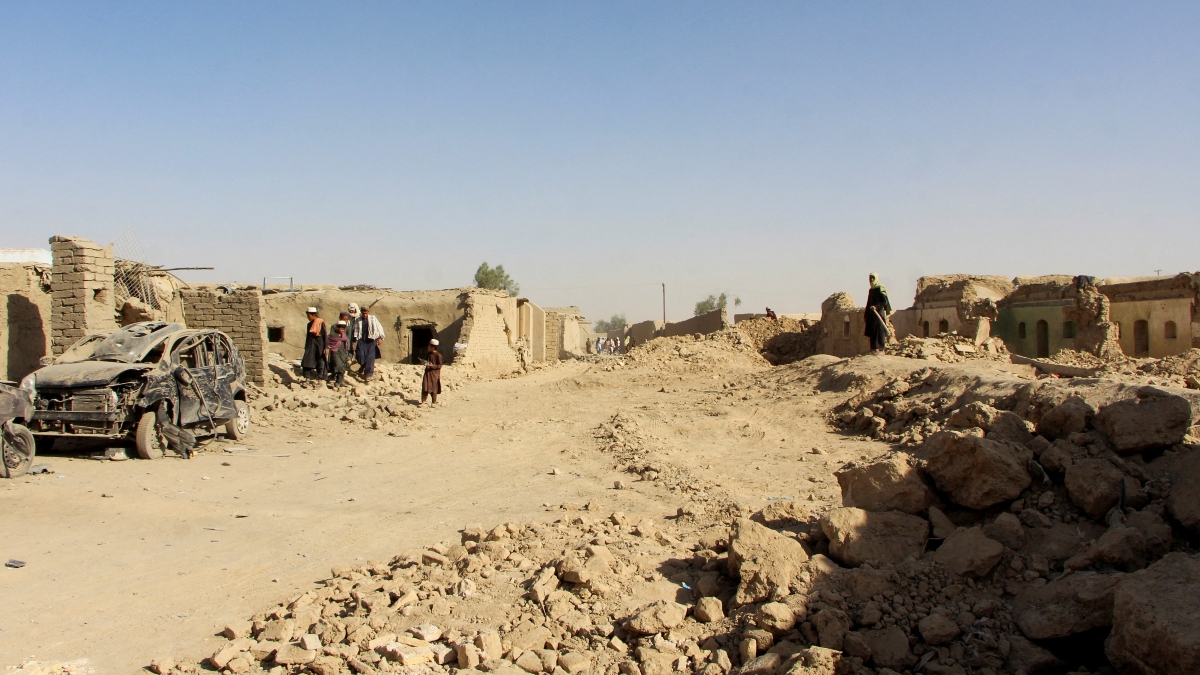)
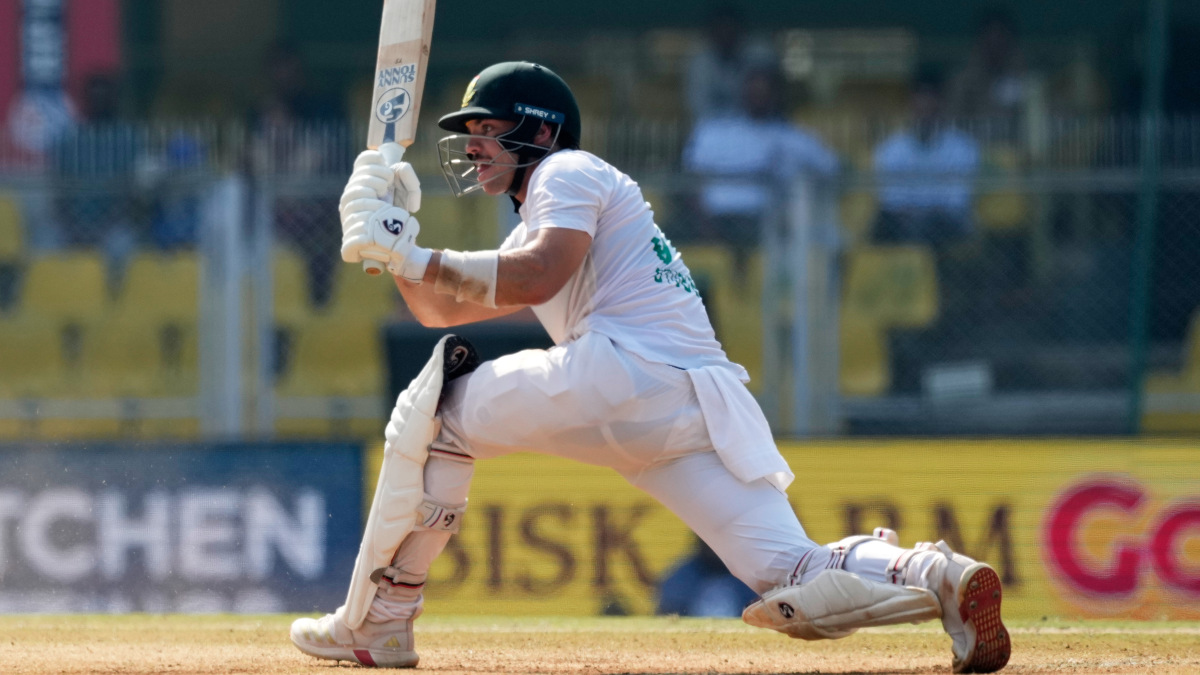)
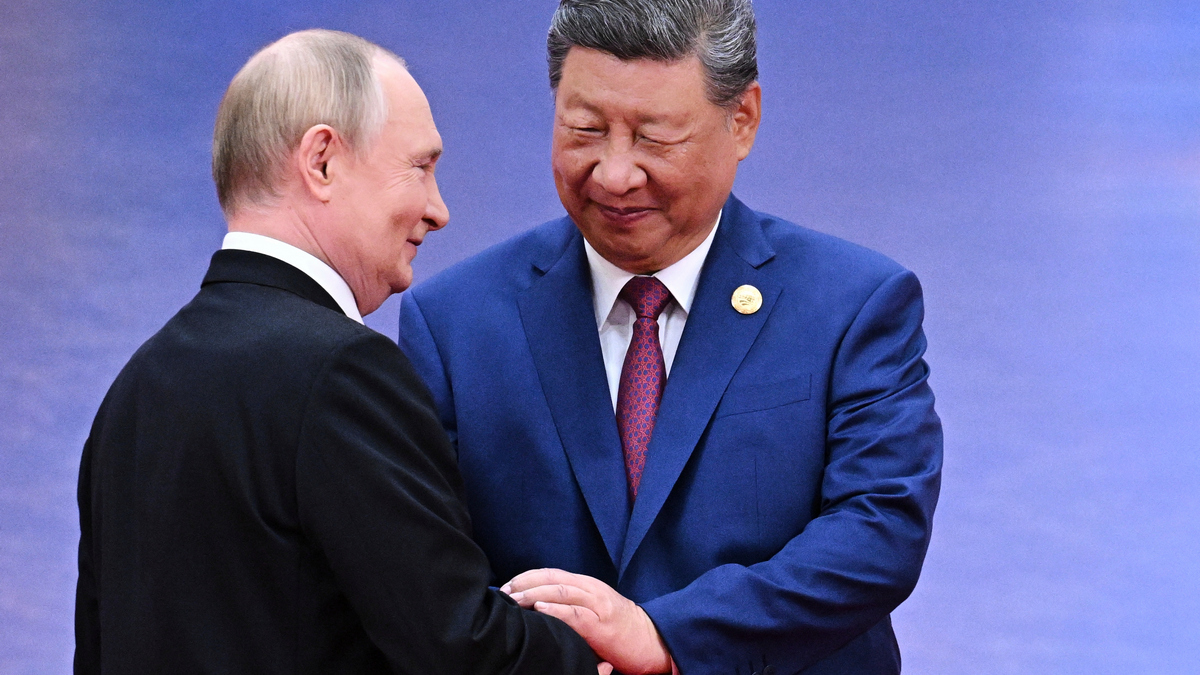)



